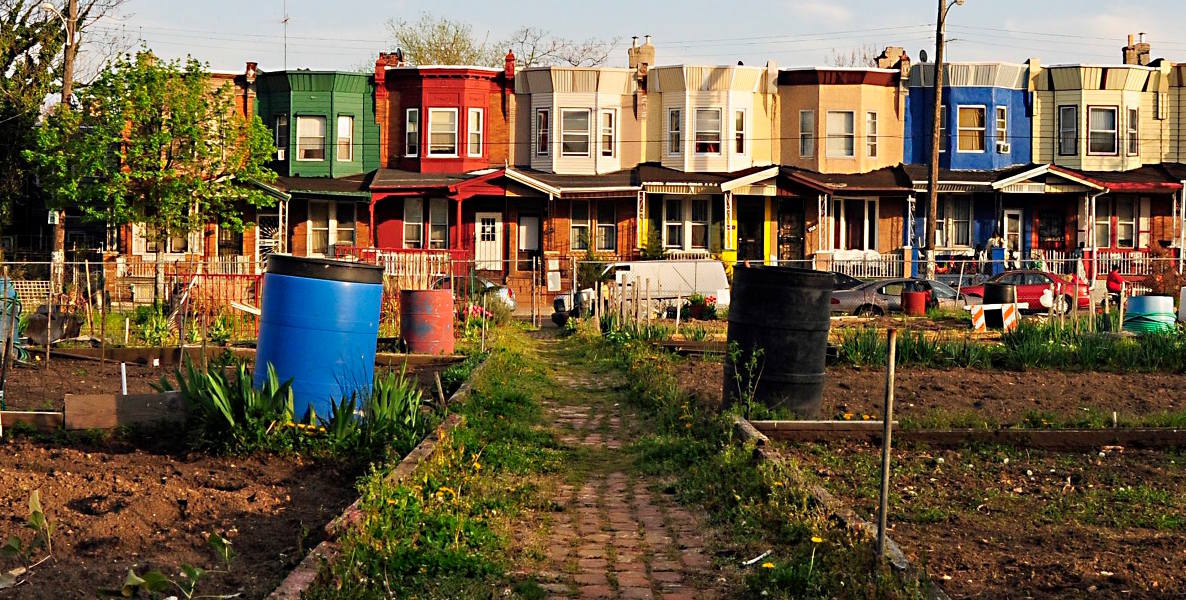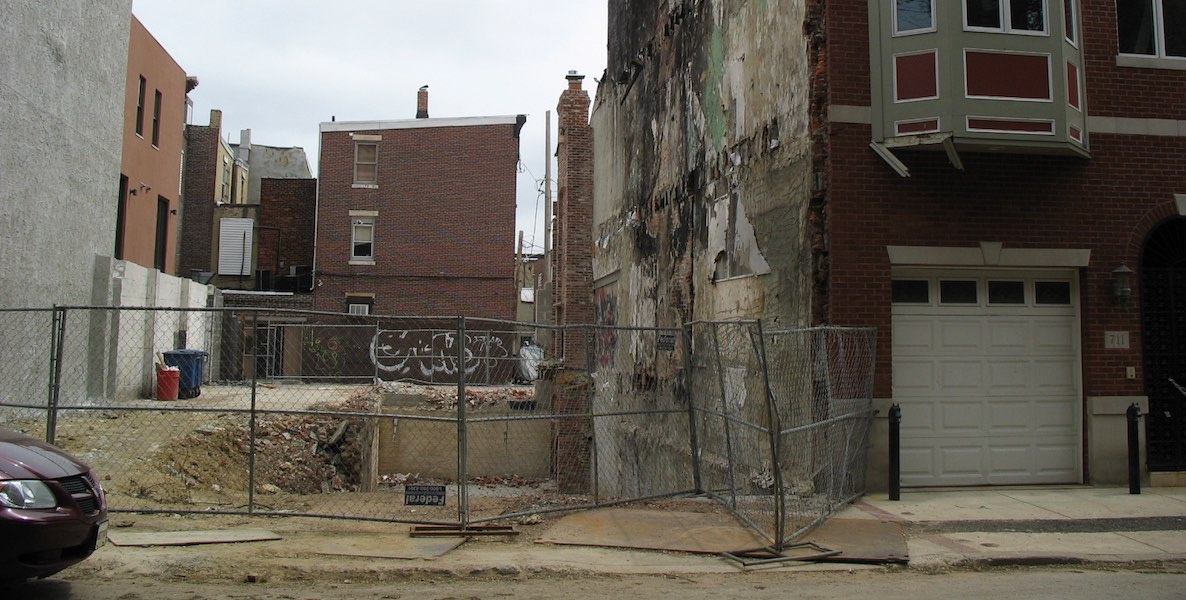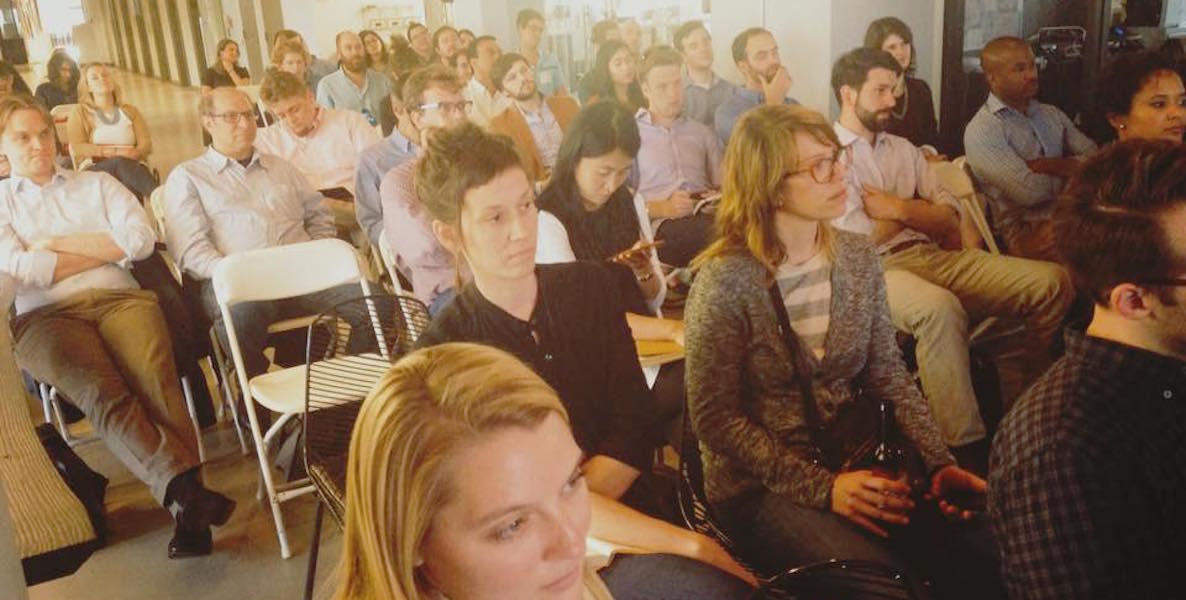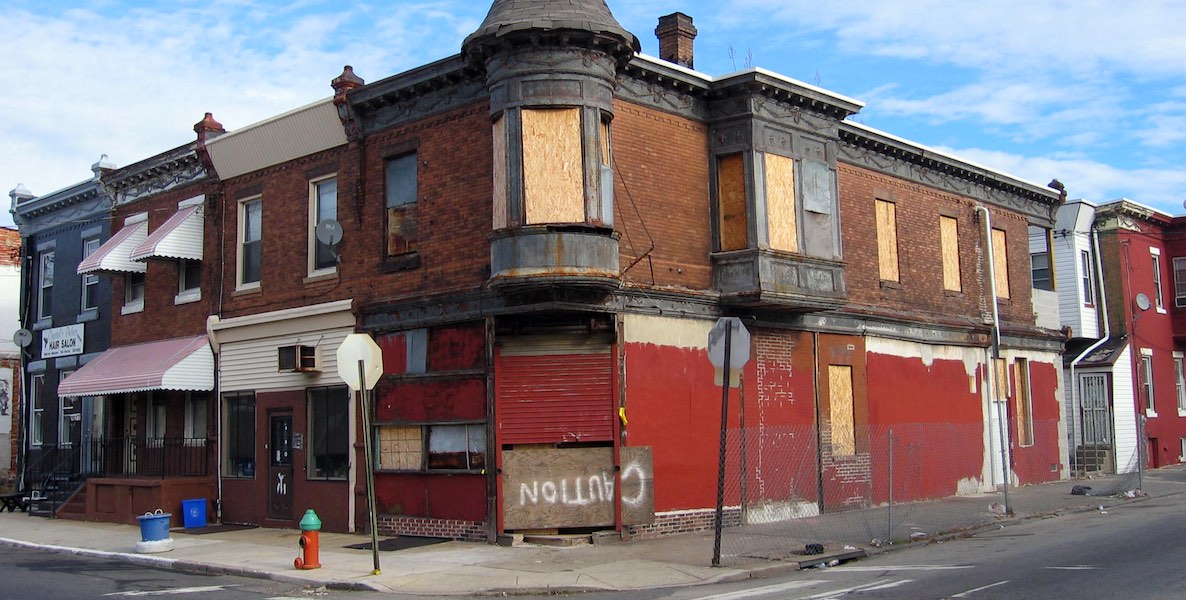Last week, City Council President Darrell Clarke proposed a $100 million bond to help low-income homeowners make repairs and modifications that will let them stay in their houses. His plan—which would require a slight increase in real estate closing costs—has two parts: $60 million would go to the city’s Basic Systems Repair Program, Adaptive Modifications Program and Weatherization Assistance Program, to take 5,500 homeowners off a waiting list. The other $40 million would go towards a new program that would give affordable loans for homeowners who make less than 120 percent of area median income.
Clarke did not release many details about this $40 million program, perhaps because they don’t have them yet. (His office did not respond to calls for more information.) But on the face of it, his proposal has the potential to put Philly in the forefront of a national movement among big cities to slow the ill effects of gentrification on longtime residents. After all, helping people stay in their homes is the easiest, least expensive path to equitable housing.
Detroit, of all places, may hold the key to making this work. Some 1 million people have moved out of Detroit in the last 60 years, leaving behind decaying houses and moribund neighborhoods. Of those who are left, many cannot afford the upkeep on their houses needed to ensure they are safe, healthy and retaining what value they have left—particularly in neighborhoods that are starting to revive.
So last year, Detroit Mayor Michael Duggan unveiled a loan program aimed at low-income homeowners with good credit. It works like this: Residents making up to 80 percent of median income in the city ($54,150 for a family of four) are eligible for 10 year, zero-interest loans up to $25,000, to keep their houses livable. (The money goes directly to approved local contractors for the work.) Only people who live in their houses, with credit scores of 560 or better, are eligible—so, not landlords or renters. They have 10 years to pay off the loan, which for $20,000, comes to $167 a month. If they fail to pay it off, the city won’t foreclose on their homes, but they will default, and damage their credit.
In Detroit, residents making up to 80 percent of median income are eligible for 10 year, zero-interest loans up to $25,000, to keep their houses livable. They have 10 years to pay off the loan, which for $20,000, comes to $167 a month.
The $8 million for the program is split evenly between city funds and Bank of America, which agreed to help Duggan pilot his plan. The screening of applicants is done through community organizations, which can also help homeowners with repairing their credit, payment plans and other obstacles.
The loan program offers something that grants like the three Clarke wants to rebuild in Philly don’t: A recurring source of revenue, from repaid loans, that can be used for loans to additional residents. Right now, Philly’s decades-old home repair programs only have the funds to repair a fraction of the deteriorating houses in the city; even Clarke’s proposed $60 million influx will help only those people already on the waiting list—that is great, but it only touches the tip of the problem. The year-long pilot in Detroit is being closely watched by housing experts around the country. It’s too early to judge its ultimate success; so far, it has given loans to a couple thousand people, with only a few headed towards default.
“The reality is that every city in the country has some program for home repairs like we do,” says Karen Black, of Healthy Rowhouse Project, a nonprofit working to create ways to help low-income homeowners in Philadelphia repair their houses. “Usually they’re fulfilling one-hundredth of the need. They run out of money every year. This could be a way to solve that problem, if it works.”
In his announcement, Clarke acknowledged what Black and other fair housing advocates have urged since Philly’s influx of new homeowners has started upending neighborhoods ever more far-flung from Center City—that now is the time to also preserve those neighborhoods for the people who already live there. “Not little, rehab four or five houses at a time,” Clarke told The Inquirer last week. “That will never get us to where we need to get. There’s a sense of urgency out in a lot of neighborhoods in the city of Philadelphia.”
About two-thirds of houses in Philadelphia are 100 or so years old, and Clarke says 110,000 homes are owned by residents with annual incomes of less than $35,000. Those residents cannot afford to pay sometimes multiple thousands of dollars to repair leaking roofs, replace drafty windows, clear away mold, fix plumbing or electric. Instead, they live in increasingly unhealthy conditions, upping the incidences of chronic illnesses, like asthma or pneumonia. Or, they abandon their houses altogether, giving up any legacy they might pass on to their children, bringing home values down on their street by about $8,000 each.
This has contributed to the proliferation of moribund blocks in some parts of the city. In burgeoning neighborhoods like Fishtown or parts of West Philly, it has displaced entire communities: Poor residents forced to leave their homes in gentrifying areas can’t find affordable housing there anymore. Instead, they move away altogether. That is bad not only for the uprooted residents, but for the new ones—with the longtime residents goes the character, history and diversity of the neighborhood, often the very thing that made it so appealing to begin with.
In San Francisco, the most gentrified city in America, this happened so quickly and so completely that there is virtually no affordable housing anywhere—and little vestige of the quirkiness that made that city so unique. (Sonja Trauss, a Bay Area housing activist, talked about this at a Citizen event last month.) But here—and in Detroit, Chicago, Baltimore—we have the chance to keep that from happening.
About two-thirds of houses in Philadelphia are 100 or so years old, and Clarke says 110,000 homes are owned by residents with annual incomes of less than $35,000. Those residents cannot afford to pay sometimes multiple thousands of dollars to repair leaking roofs, replace drafty windows, clear away mold, fix plumbing or electric.
“As a city, we want market forces to benefit these residents,” says Black. “We are at this moment where we can keep them there, if we act now. We need to plan for success.”
Other cities have other loan programs they’re testing—including one in the Chicago neighborhood of Humboldt Park, which is offering forgivable loans to lower-income residents who stay in their houses for four years after making repairs. (Which, Black notes, is really just another version of a grant.) Healthy Rowhouse Project is studying all of them. They are also talking to local banks about what types of lending programs they would support to help low-income homeowners in Philadelphia. Eventually, HRP plans to help coordinate different loan types for different residents, depending on their need and equity. Black says she thinks she can convince lenders to double the amount of money in Clarke’s loan fund, to $80 million.
That could go a long way to fixing what has seemed an intractable and uncomfortable conflict between new and old Philadelphia, rich and not so rich. After all, gentrification doesn’t have to be a bad word—if by gentrifying you mean making a better neighborhood for everyone.
Photo Header: Flickr/Eli Pousson







